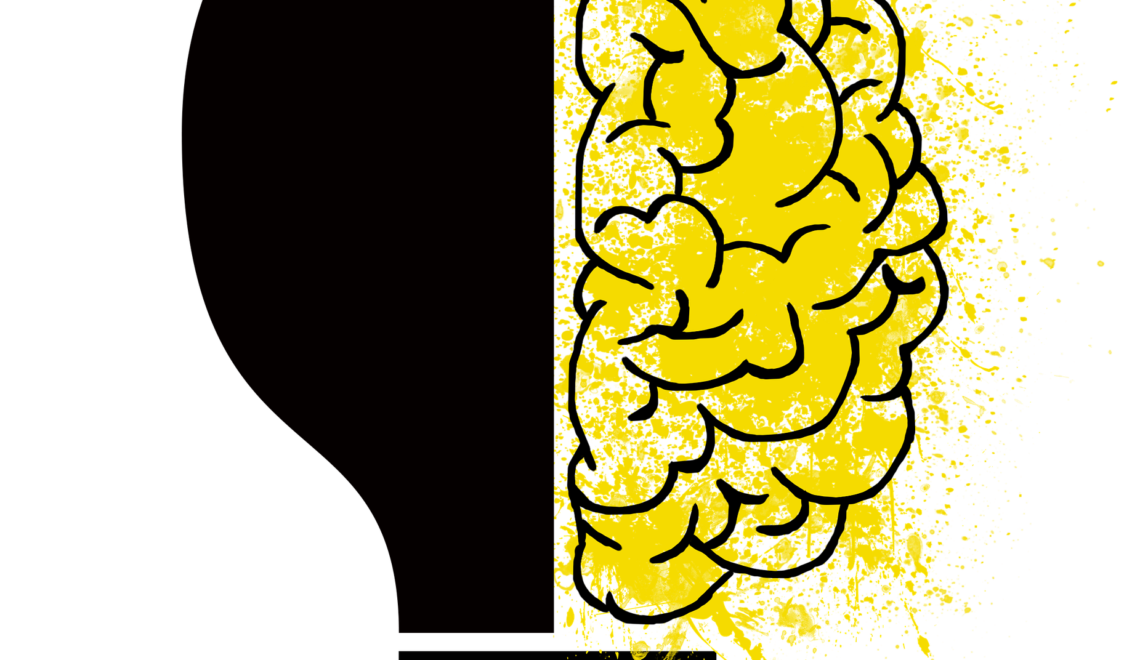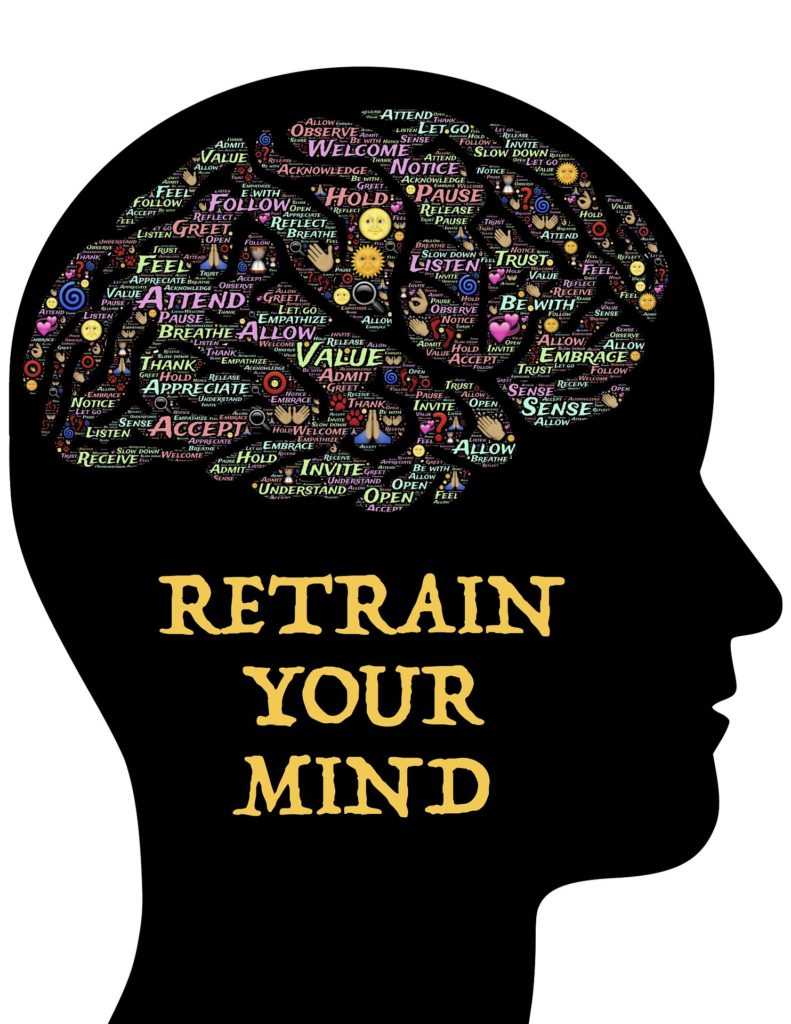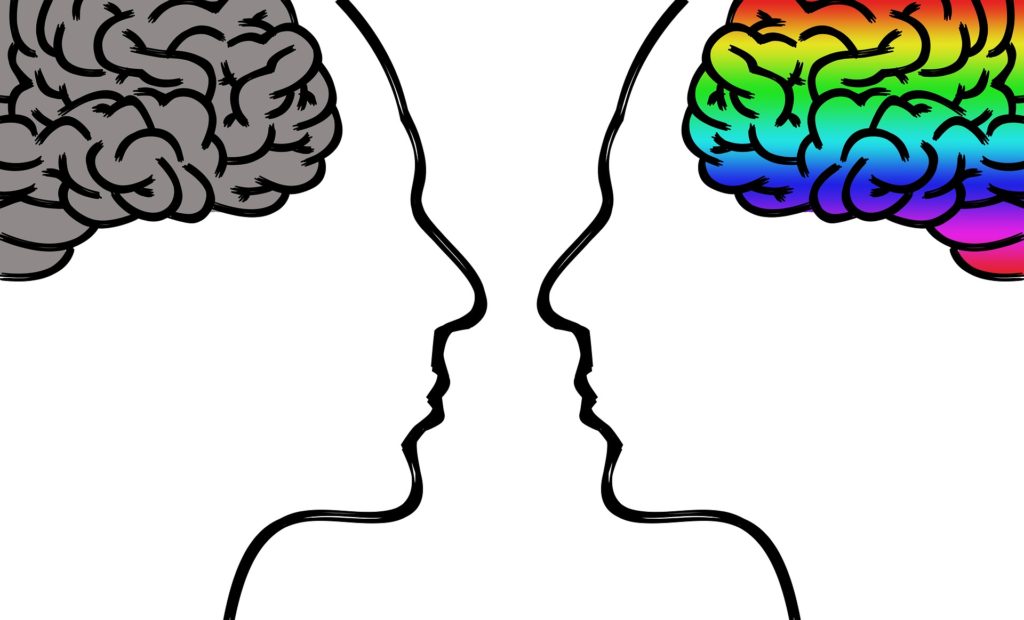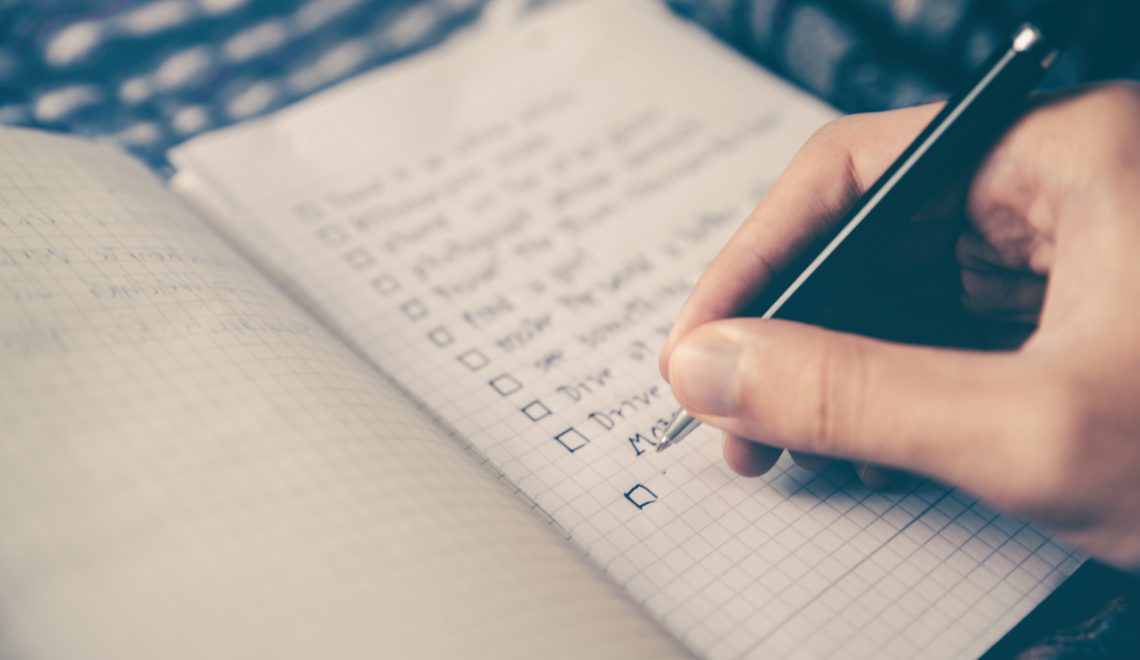
Focus! Come on, Focus! Not so easy, is it? There is no doubt that in order to be successful at most things, you require the ability to concentrate. This allows you direct all your energy towards an objective, thereby avoiding distraction or confusion. We live in the age of quick, bite-size, information. We also live in an age of technology- smartphones, push notifications, social media, YouTube… In other words, we are surrounded by distractions that have become increasingly hard to avoid. This is turn results in an overall decrease in our ability to concentrate.
I have certainly faced this issue on multiple occasions. In fact, I am concurrently, as I write this, struggling with my ability to stay focused. Ironic as it may be- given that, if you’re reading this, I’ve managed to concentrate long enough to finish it- concentrating on something for an extended long period of time can be rather hard. But, it is not impossible.
College students are under even more scrutiny, often being told that the key to productivity is better time management. Just plan your schedule better and you will get more done, they say. If you’re anything like me, despite meeting deadlines and completing tasks, I constantly feel like I’m not being productive enough because I cannot concentrate for long enough. With classes, assignments, exams and for some a job, how could you possibly being doing more? There simply isn’t time and concentration seems to be in short supply.
Attention and Time Management

So I wondered how attention combined with time management could help me be more productive while studying. While time management is important, the other critical ingredient to productivity is attention management. All this means is prioritising what matters, and then focusing on getting those things done.
Might sound similar to time management, but it isn’t. The key difference is that time management can be daunting. There are only 24 hours in a day, of which we spend at least 12 hours on activities like eating, sleeping, using the bathroom, and commuting.
So when we give yourselves two hours to finish an important task, we often get overwhelmed. In turn, not finishing within the time frame you desired makes you feel inadequate. Now we’re stuck in a cycle!
Our average life spans consist of around 4,000 weeks. Doesn’t sound like much when you put it in weeks does it? So it is inevitable to think that we need to use our time wisely. As a college student, the sense of feeling overwhelmed can engulf you.
Relax, we’ve got your back! Here is a list of tips to help you remember that a combination of attention management and time management could help you concentrate better, and hence be more productive.
Because we know that everyone is different, you don’t have to follow all the tips. For instance, you might be a morning person, and therefore most productive during the first half of the day. Just chose the tips that suit you best, and try to incorporate them into your life!
Two Things To Remember
Before we get to the tips, there are two things you ought to keep in mind every time you sit down for a long study session.
1) Ebbinghaus Forgetting Curve
The Ebbinghaus forgetting curve essentially describes how the brain loses its ability to retain information over time. The curve was hypothesized by Hermann Ebbinghaus in 1885, theorising that human beings lose learned knowledge unless one consciously reviews the material at hand.
You might be wondering why I am mentioning something related to memory rather than concentration. Well because I know how many all-nighters I pulled in college to try and memorise things that only lead to short-term retention. If sit at stare at your material for hours on end, under the impression that you’re memorising it, it is likely that the Forgetting Curve take effect sooner than later.
It is best, as I mention below, to take frequent breaks, every 30 mins ideally, and to study regularly. This way your concentration remains on point and you will retain information for longer. Using effective study methods also helps, mnemonics for instance, can be great.
2) Pareto principle
The Pareto Principle states that, for many events, roughly 80% of the effects come from 20% of the causes. In this case, 20% of your time makes up 80% of your results. I think this is a valuable principle to keep in mind when trying to build focus. This is because you can figure out which 20% of your time will yield 80% of results for you. By doing this, you can then focus on the essentials and get more done. Follow this link for more information on how to incorporate the Pareto Principle in your daily life.
Concentration Tips
It’s About the When
Figure out at what point in the day you feel most productive and focused. Save that time for the tasks you feel are important and will need your attention. This may mean doing a boring task that you were putting off for later. That’s okay, do a moderately interesting task before you start the boring one. Studies have found that doing a moderately interesting task before a boring task helps you power through! And then you can move onto the most exciting task as a reward. It’s all about the when.
Be Mindful of Your Distractions
Here’s where attention management comes back into play. You may successfully cut out your distractions but it is likely that you will not be able to sustain this without mindfulness. For instance, actively think about how much you use social media, or even just pick up your phone, when you have to work. Be thoughtful about the timing of those distractions.
“If you’re trying to be more productive don’t analyse how you spend your time. Analyse what consumes your attention.”
Adam Grant, The New York Times
Don’t Multitask
Trying to do multiple things at once usually slows down progress, and could also diminish the quality of your work. In fact, recent neuroscience research shows that human beings cannot multitask in the way that we’d hoped. All we do is switch tasks quickly. So, finish one task and only then move onto the next. But don’t switch between tasks. Don’t overwhelm yourself. Ambition is good, but striking a balance between being ambitious and doing too much is what will help you to be more productive.
Take Small Bites
One thing I’ve noticed that really helps is regularity and consistency. Okay, let’s unpack this a bit. The most fitting analogy I can think of is cleaning your room. The longer you wait, the messier and dirtier your room gets. If you clean a little every day, you avoid overwhelming yourself by having to do it all once. The same applies to the study. A little bit of reviewing every day and you’ll save yourself from the dreaded pre-exam anxiety. Plus, you can make this fun. The earlier you start the better it is for future you. Always keep future you in mind. Think about what they would say to present to you.
Strategize
Ask yourself why you think you are not being as productive as you would like. Maybe you’re burnt out, have too many distractions around, or you’re trying to multitask too much. Take your time with this step. Observe your daily routine, and how you feel throughout the day. When are you most anxious maybe? Getting to the root of your problem will help you think of solutions that will nip the issue at its core.
Set Realistic Goals
Now that you know when you work best, and the order of your tasks both priority and interest wise, you can get cracking. Setting realistic goals means using attention management to focus on the task at hand, and not the tasks to come. If you need help planning this, here is a list of apps you can use.
Cut Distractions
Distractions come in many forms. For most of us, distraction equals social media. If you know that social media is a major source of procrastination but you can’t shake your addiction, get help! No, I’m not saying you need a doctor. I’m saying, maybe try using this app that actually tells you how much time you spend on social media platforms. And you can set time limits on your usage! I know, it’s hard, but we all need tough love sometimes. If you need some more help, here are some tips on how to breakup with your phone.
Find Your Study Environment

People often underestimate the potential of environmental cues. Small habits can train your brain into following a pattern. For instance, get a small desk lamp and make it your study lamp. Every time you sit down to study at your desk, turn on the lamp.
Whenever you feel yourself tiring, turn off the lamp. Get up, and leave. What you’re doing here is training yourself to study while you’re seated at your desk. Do this every time and you will find that it becomes automatic, like raising your hand. You sit down, turn on the lamp, and your brain knows it’s time to study.
This doesn’t just apply to the desk at a lamp. Because everyone is unique, your ideal study spot might be totally different. Find the environment, space, in which you feel most productive and get there as fast as you can.
Declutter
Your physical work environment, whether for college or a job, actually does affect your work. Research has found that not having to look for something you need under your clutter improves long term productivity. Plus, you’ll save time! So, if you’re the kind of person who thinks this will help, here are a few tips on decluttering.
Take A Step Back To Reflect
Now that you’re not in as much of a hurry to cram everything into one day, take some to reflect on your day’s work. If you have multiple projects coming up, relax. Go over steps one to three. Find your balance and start with one project at a time
Take Enough Breaks
It is essential that you allow your brain to recharge regularly in order to maintain focus. We often forget to stand up and stretch, drink water, doodle, dance, eat, jump, walk around or literally anything else, when we’re “in the zone.” I still have to remind myself to do this but I cannot stress the importance of taking regular breaks- every 30 minutes, ideally take a 5 minute break that involves doing something completely unrelated to your studying material.
Breaks help you de-stress and re-charge. This in turn boosts your productivity. Multiple studies show that short breaks drastically improve your ability to focus on the task at hand. It’s okay and healthy to take mini breaks. In fact, it’s better to take frequent breaks- at least if you want to concentrate for longer and retain what you study.
Exercise
I know there is no need to explain the importance of exercise. I also know that, for a lot of people, incorporating exercise into their lives can be extremely difficult. If you can find the time to fit in even 30 minutes of exercise a few times a week, do it. Exercising and productivity are shown to have a positive correlation. It certainly helped me be more productive through college and is now helping me through my adult life. Regular exercise releases brain chemicals key for memory, concentration, and mental sharpness. Indeed, in a study done at the University of British Columbia,
…researchers found that regular aerobic exercise, the kind that gets your heart and your sweat glands pumping, appears to boost the size of the hippocampus, the brain area involved in verbal memory and learning.
Heidi Godman, Harvard Health Letter
Prepare Yourself
Before you begin any task, practice some diaphragmatic breathing. This is a deep breathing technique, focusing on where the air comes from in your belly rather than chest. Diaphragmatic breathing interrupts the body’s fight or flight mode, increases oxygen, and decreases the amount of stress hormones that are released.
So, calm your brain right when you sit down to study- it can really help you concentrate.
Do you need to destress about tuition to be more productive? You’re in luck! Download StuCred and ease your mind.
Tags:- Concentration Tips for Studying, how to improve concentration and memory while studying, how to increase concentration and memory power










